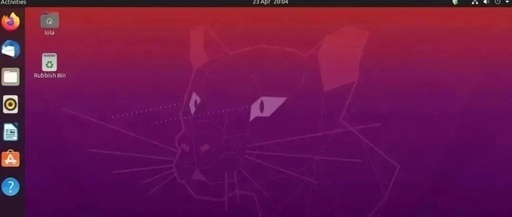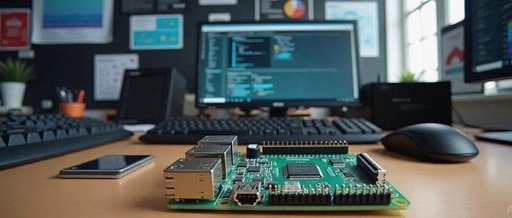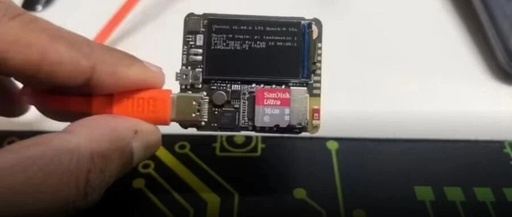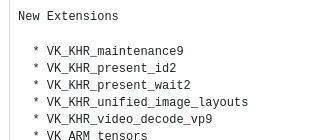Using Knoppix for Linux System Intrusion Detection
Knoppix is a Debian-based Live Linux distribution that is very suitable for system recovery and intrusion detection because it can boot directly from CD/DVD or USB without needing to be installed on the hard drive, and it does not modify the target system. Advantages of Using Knoppix for Intrusion Detection No Trace Operation: Does not … Read more









